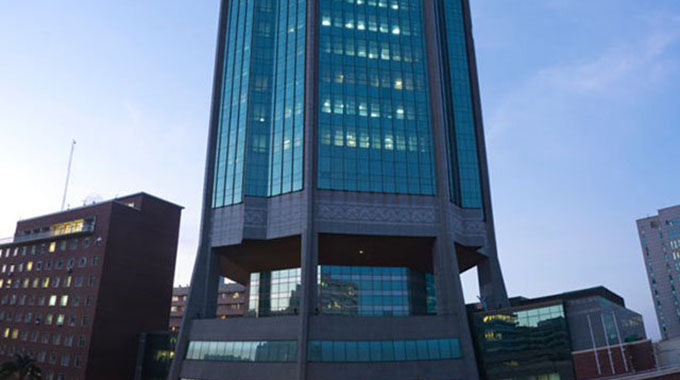Intellectual property infringements

Aleck Ncube
AN intellectual property infringement is the infringement or violation of an intellectual property right. There are several types of intellectual property rights, such as copyrights, patents, and trademarks. Therefore, an IP infringement may for instance be a copyright infringement, patent infringement or infringement of a registered trademark. IP infringements threaten national economies, public safety and health.
Trademark infringements
Trademark infringement occurs when there is a violation of the exclusive rights of the trademark owner by using a trademark, which is identical, or confusingly similar, to the registered trademark in respect to the same or similar type of goods or services and without authorisation from the trademark owner. Other kinds of trademark infringements include ambush marketing, cyber -squatting, passing off, and trademark dilution.
a) Ambush marketing
This is a marketing campaign that takes place around an event but does not involve payment of a sponsorship fee to the event. For most events of any significance, one brand will pay to become the exclusive and official sponsor of the event in a particular category or categories, and this exclusivity creates a problem for one or more other brands. Those other brands then find ways to promote themselves in connection with the same event, without paying the sponsorship fee and without breaking any laws. In the build up to the 2010 World Cup in South Africa, Fifa and some official sponsors of the tournament were faced with such traders who were using the event to market their products and services without Fifa’s authority.
b) Cyber squatting
Cyber-squatting is a derogatory term used to describe the practice of registering and claiming rights over Internet domain names, which are arguably, not for the taking. The cyber-squatter then offers to sell the domain to the person or company who owns a trademark contained within the name at an inflated price. Some Cyber squatters put up derogatory remarks about the person or company the domain is meant to parrot in an effort to encourage the subject to buy the domain from them.
c) Passing off
Passing off is a common law tort, which can be used to enforce unregistered trademark rights. The tort of passing off protects the goodwill of a trader from a misrepresentation that causes damage to goodwill. The law of passing off prevents one person from misrepresenting his or her goods or services as being the goods or services of the claimant, and also prevents one person from holding out his or her goods or services as having some association or connection with the plaintiff when this is not true.
d) Trademark dilution
In most cases, trademark dilution involves an unauthorised use of another’s trademark on products that do not compete with, and have little connection with, those of the trademark owner. For example, a famous trademark used by one company to refer to hair care products might be diluted if another company began using a similar mark to refer to breakfast cereals or spark plugs, or a renowned trademark by an automobile manufacturer might be diluted if another company began using that mark to refer to watches.
e) Confusing similarity
Confusing similarity is when a trademark raises conflicts due to its similarity with another registered trade mark. The reputation attached to a trademark is significant, such that “Microsafe” or “Micro Software”, although clearly not identical, could potentially be confusingly similar and amount to an infringement.
Copyright infringements
The principal cause of piracy and counterfeiting is the incentive to unscrupulous traders of the considerable business profits, which may be made from free-riding on the creative efforts and investment of others, by passing off imitations of desired products at a lower cost than those which are incurred by the producer of genuine products. Obviously, this trade would not exist without consumer demand and the public perception that piracy and counterfeiting are innocuous infractions.
The theft of intellectual property is not yet, equated in the public mind with other offences against property, crimes, such as fraud, theft or trespass. This is exacerbated by (i) a failure of the public authorities and commercial organisations to communicate to the consuming public of the dangers from the use of unauthorised products and of the deleterious social welfare effects from this trade; and (ii) the imposition of inadequately deterrent penalties by the judicial authorities.
a) Music downloading and piracy
The most published and more common copyright infringement is music downloading and sharing of music in the form of MP3s. Many other infringement claims involve simple cases of piracy and photocopying of published literary works.
b) Bootleg recording
A bootleg recording is an audio and/or video recording of a performance that was not officially released by the artiste, or under other legal authority. Many such recordings are simply copied and traded among fans of theartist without financial exchange, but some bootleggers are able to sell these rarities for profit, sometimes by adding professional-quality sound engineering and packaging to the raw material.











Comments